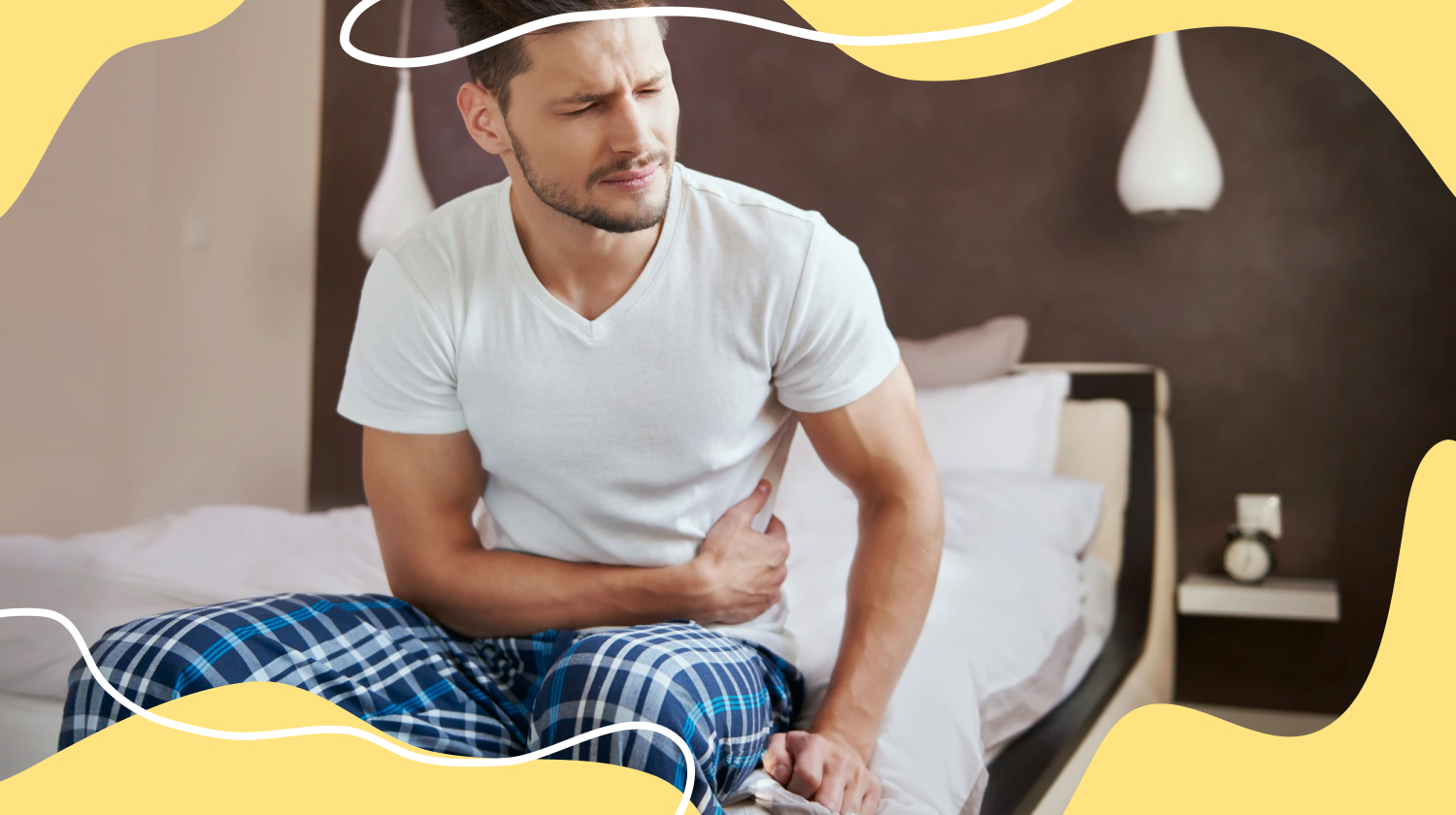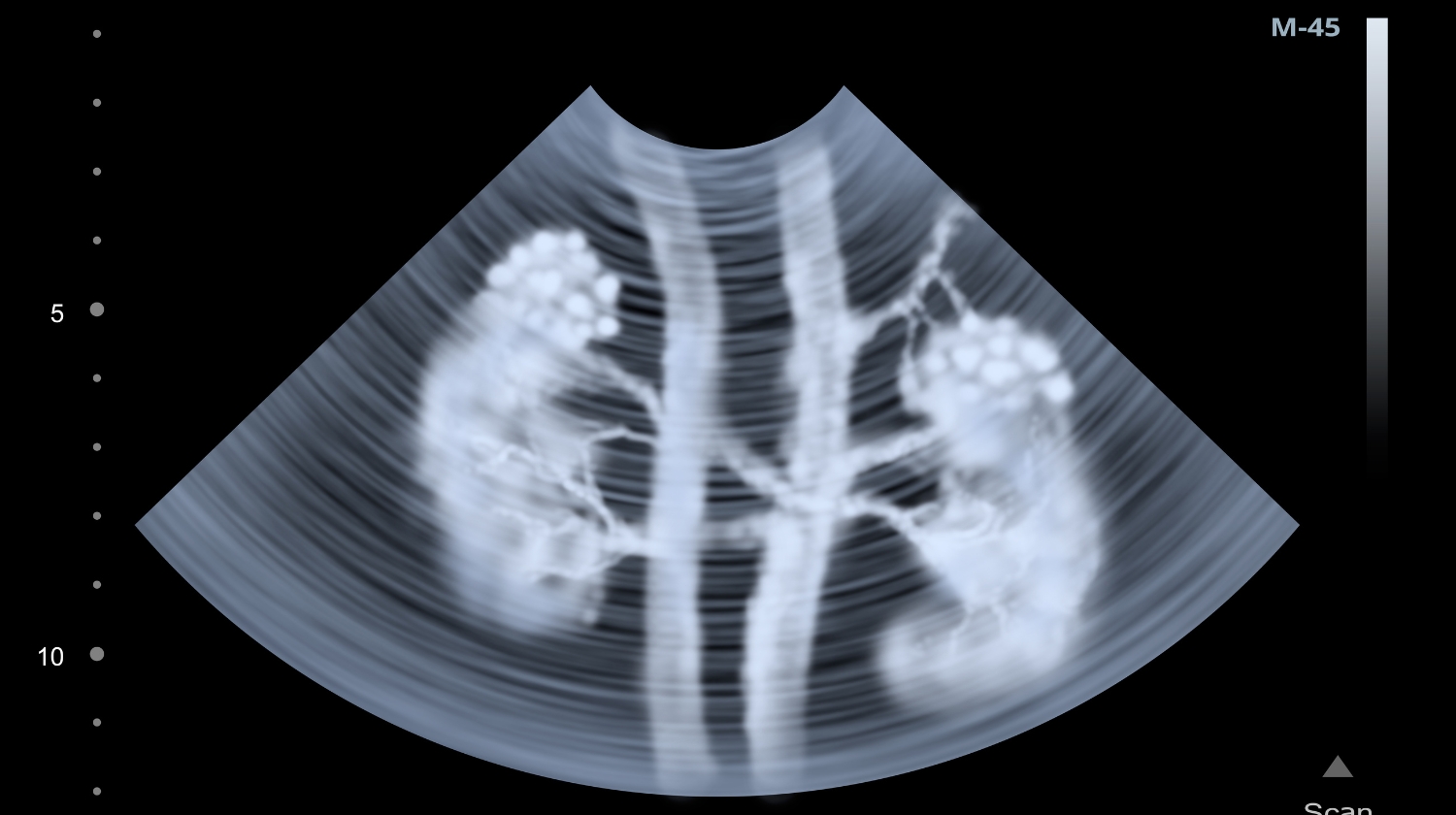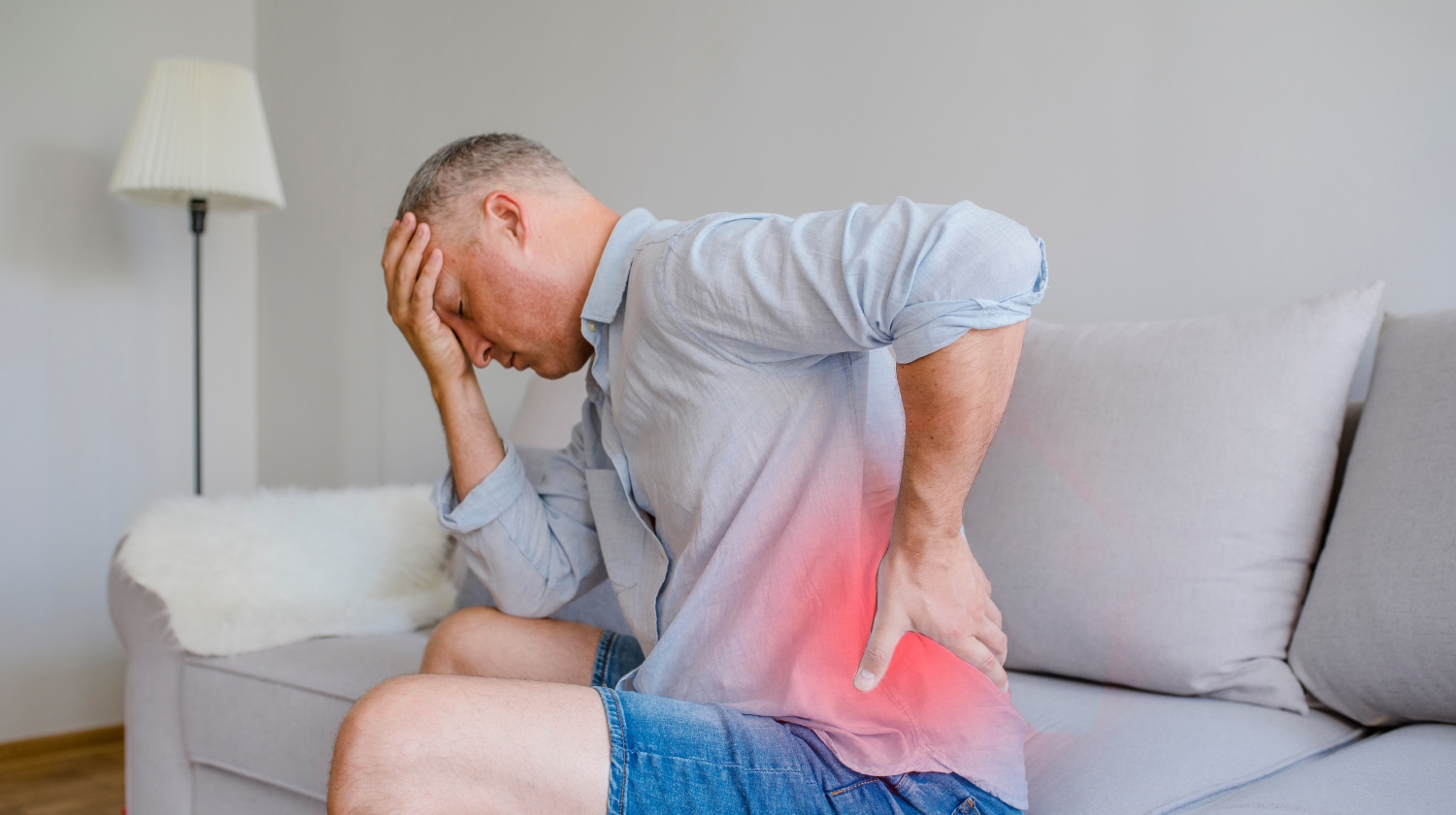Can A Kidney Stone Kill You? What You Should Be Aware Of

The one thing most people know about kidney stones is that they can be excruciating to have. Kidney stones are extremely painful because the ureters, the tubes connecting the kidneys to the bladder, are very narrow and are not able to accommodate an object the size of a kidney stone. As a result, the ureters spasm, causing intense pain. In addition, the jagged edges of kidney stones can cause cuts in the ureter’s lining, leading to bleeding.
If a urinary tract infection occurs along with kidney stones, it can be potentially fatal if not treated promptly. Moreover, unless a kidney stone is removed promptly, the function of the kidneys themselves can be compromised, which can cause life-threatening complications. In this article, we will tell you what you need to know to prevent and treat kidney stones, as well as their potentially deadly consequences.
Can Kidney Stones Be Fatal?
Believe it or not, a kidney stone can kill you. A number of complications can occur as a result of a blocked ureter due to a kidney stone. These complications can be as severe as permanent kidney damage, a kidney infection resulting in sepsis, and even kidney failure.
Thankfully, particularly in the developed world, kidney stones are rarely fatal and can be treated before real trouble occurs. However, it is important to know how to manage kidney stones to avoid complications that can be potentially life-threatening. Here, we will review how to identify a kidney stone attack, the most dangerous effects that an attack can have on your health if not treated, and some ways you can help yourself pass a stone if you have one.
Kidney Stone Symptoms

The first sign of kidney stones is almost always pain: sharp, intense pain in the back that radiates toward the abdomen and groin. The pain can vary in its intensity, with the most pain experienced as the stones move. There may also be pain or a burning sensation upon urination or the inability to urinate, depending on how extensive the blockage is. Due to the lacerations of the ureters that can occur with kidney stones, it is not uncommon that kidney stone sufferers will have blood in their urine or have foul-smelling urine.
Stomach pain, nausea, and vomiting are also commonly associated with kidney stones. In some patients, these symptoms are related to the severity of the pain experienced. However, they can also indicate the development of a more severe complication. Particularly when combined with a fever or chills, these symptoms can indicate a kidney infection or kidney damage.
Potential Fatal Kidney Stone Complications

Kidney Infections
Because the purpose of the urinary system is to expel waste from the body, it makes sense that a kidney infection can result if the ureters become backed up by a kidney stone blockage. The waste that otherwise would flow through the bladder and urethra instead remains in the ureter, where it can cause an infection that spreads back to the kidney. If left untreated, permanent damage can be done to the kidney. Such infections are more common in older patients[1]. Kidney infection-induced sepsis can also occur, which is life-threatening.
Renal Failure
Particularly in patients who have repeated kidney stones that have caused damage to the kidney or if sepsis occurs, the kidneys can actually fail to function entirely. In these cases, medical care must be sought immediately as death can occur. The main symptoms of renal failure include reduced urine output, fluid retention around the body, shortness of breath, and an irregular heartbeat.
Hydronephrosis
Hydronephrosis refers to a condition that occurs when urine accumulates in the kidney, which can be caused by kidney stones. In this condition, the kidneys swell and can cause flank pain, although sometimes there are no symptoms. As with renal infection, hydronephrosis can permanently damage the kidneys if not treated in a timely manner.
Chronic Kidney Disease
Chronic kidney disease (CKD) occurs when damage has been done to the kidneys due to any of the above conditions[2], as well as other conditions, such as diabetes. Kidney stones are highly correlated with developing chronic kidney disease. Because there is no way to reverse kidney damage, the function of the kidney is permanently compromised.
There are five stages through which CKD progresses, with each progressive stage indicating poorer kidney function. At the fifth stage, referred to kidney failure or end-stage disease, only hemodialysis or a kidney transplant can help the patient. Importantly, end-stage disease was found to be almost three times more likely[3] in people who formed kidney stone.
Kidney Stones Death Rate
It is difficult to state an accurate death rate from kidney stones because of a variety of factors, including different standards of medical care across geographic regions, as well as the measures taken to treat the stones. A Canadian study found that cardiovascular diseases were more common[4] in people susceptible to forming kidney stones. Nevertheless, there is reason to believe that mortality is higher among people who suffer from kidney stones.
The most dangerous complications, renal failure and sepsis, have high mortality rates. A recent study found that more than one quarter of people suffering from acute kidney injury die within a year, with 6% dying while initially hospitalized[5]. Death rates from severe sepsis are similarly high.
In comparison, hydronephrosis is almost never life-threatening.
Tips For Kidney Stone Patients

Within a hospital or urgent care environment, doctors have a variety of means to treat kidney stones, including shock wave lithotripsy, which breaks large stones into smaller, more easy to pass stones using shock waves, and minimally surgical approaches. However, there are also things you can do at home to both prevent and treat kidney stones, so it is important to know how to get rid of kidney stones on your own.
- Drink lots of water: The single most important thing that every person seeking to prevent or treat their kidney stones should do is increase their fluid intake, and water is best. Dehydration can occur easily, and insufficient water intake is among the most common causes of kidney stones. How much water should you drink a day? The recommendation is at least 13 glasses if you’re a man and 9 if you’re a woman.
- Avoid carbonated beverages: Carbonated beverages, such as cola and other sodas, are particularly hard on the kidneys and can contribute to developing kidney stones. One study found that people who frequently drank soda were nearly 25% more likely to have kidney stones.
- Eat a low-salt diet with less meat: The foods we eat are also vitally important to preventing kidney stones. Diets that are high in salt have been particularly linked to a greater likelihood of developing kidney stones, and so have high-protein diets. There is some evidence that protein from plants is less problematic than animal protein. Organ meats and red meat are considered riskier.
- Lemons: Because of its highly acidic content, lemon juice can be helpful when added to high volumes of fluids to flush out kidney stones. The juice can smooth the rougher edges of stones and even make them less painful to pass.
- Apple cider vinegar: Several studies have shown the efficacy of using apple cider vinegar for kidney stones. Of course, few people want to drink straight vinegar. Luckily, there are other ways to ingest vinegar. For instance, there are gummies you can take. Shop carefully to find the best apple cider vinegar gummies. Skinnyfit is one company that makes them; click through for a Skinnyfit review.
Conclusion
In most cases, kidney stones can be made to pass or removed by a healthcare professional, and the potentially life-threatening complications that stones can cause are not a concern. Nevertheless, it is important to have kidney stones treated promptly to avoid hydronephrosis, urinary tract infections, kidney damage, and even kidney failure. Learning how to prevent kidney stones is equally important. Given the severity of kidney stone pain, you will never regret doing everything you can to prevent them from recurring.
+ 5 sources
Health Canal avoids using tertiary references. We have strict sourcing guidelines and rely on peer-reviewed studies, academic researches from medical associations and institutions. To ensure the accuracy of articles in Health Canal, you can read more about the editorial process here
- Sáenz-Medina, J., Jesús San Román, María Rodríguez-Monsalve, Duran, M., Carballido, J., Prieto, D. and Gil, Á. (2023). Hospitalization Burden of Patients with Kidney Stones and Metabolic Comorbidities in Spain during the Period 2017–2020. [online] 13(4), pp.574–574. doi:https://doi.org/10.3390/metabo13040574.
- Rule, A.D., Bergstralh, E.J., L. Joseph Melton, Li, X., Weaver, A.L. and Lieske, J.C. (2009). Kidney Stones and the Risk for Chronic Kidney Disease. [online] 4(4), pp.804–811. doi:https://doi.org/10.2215/cjn.05811108.
- Tsering Dhondup, Wonngarm Kittanamongkolchai, Vaughan, L.E., Mehta, R.A., Chhina, J.K., Enders, F., Hickson, T.J., Lieske, J.C. and Rule, A.D. (2018). Risk of ESRD and Mortality in Kidney and Bladder Stone Formers. [online] 72(6), pp.790–797. doi:https://doi.org/10.1053/j.ajkd.2018.06.012.
- R. Todd Alexander, Hemmelgarn, B.R., Wiebe, N., Bello, A.K., Samuel, S., Klarenbach, S., Curhan, G.C. and Tonelli, M. (2014). Kidney Stones and Cardiovascular Events. [online] 9(3), pp.506–512. doi:https://doi.org/10.2215/cjn.04960513.
- Sohaney, R., Yin, H., Shahinian, V.B., Saran, R., Nilka Ríos Burrows, Pavkov, M.E., Banerjee, T., Hsu, C., Powe, N.R., Steffick, D., Zivin, K. and Heung, M. (2022). In-Hospital and 1-Year Mortality Trends in a National Cohort of US Veterans with Acute Kidney Injury. [online] 17(2), pp.184–193. doi:https://doi.org/10.2215/cjn.01730221.



